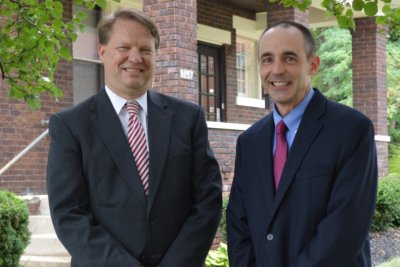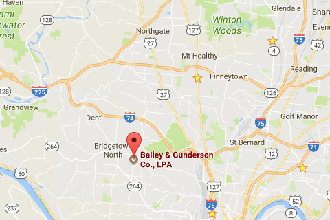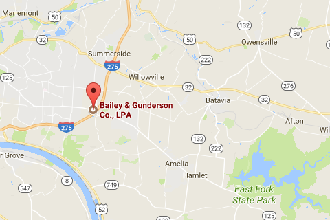If you have an order from a family law court, such as a domestic relations or juvenile court, you have a right to seek and obtain a modification of an order if the facts warrant a modification under the existing law.
For example, child and spousal support can be modified under certain circumstances if incomes have changed due to employment loss, disability, retirement, etc. Parenting issues such as custody and visitation can also be modified if there are changes in the circumstances of the parents and/or the child. Of course, many factors are taken into consideration by the family law court when considering a modification of an order.
Modification of orders issued by a family law court can be complicated. If you think your circumstances are such that a modification of an order is warranted, we can help. You may consult with us about a potential modification of your current order, and we can give you advice and an honest opinion regarding the likelihood of modifying your current order in a family law court.
Have questions? The attorneys at Bailey & Gunderson, with offices in Norwood and Western Hills, can assist you. If you should have any questions, please call us at 513-631-0022.

- B&G Law









